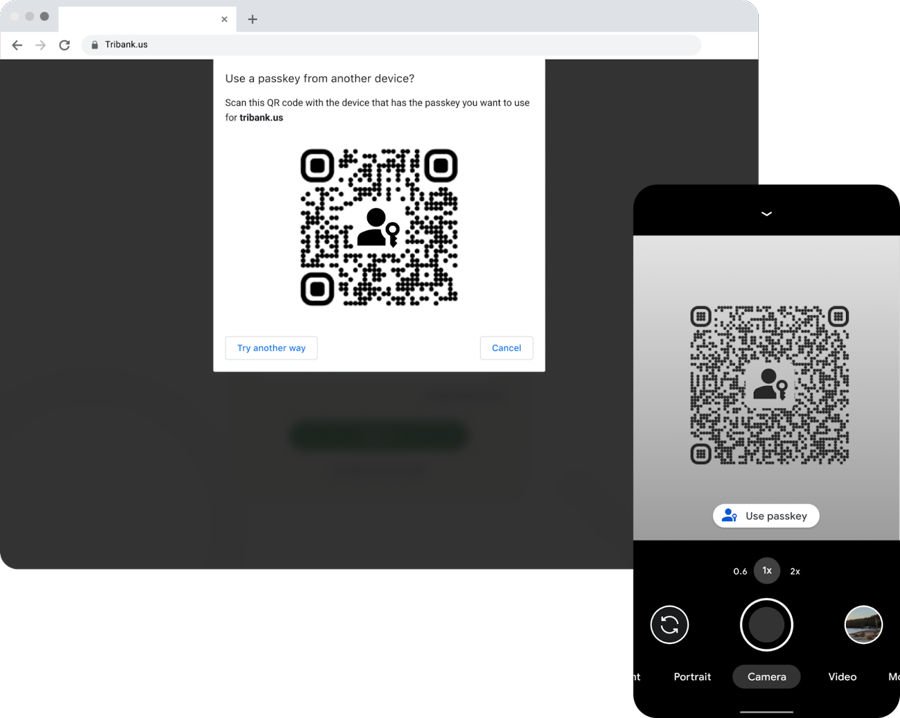The username/password combination is one that has existed for a long time, ever since the early days of the internet. While choosing a strong password by using password managers can help you protect your accounts online, it still isn’t necessarily the best form of protection, especially since password managers like most online services can be hacked.
Plus it isn’t realistic to expect people to remember a dozen different passwords, especially if they’re supposed to be strong and complex. Thankfully, Android and Chrome users won’t have to deal with that soon as Google has announced that they have started to rollout support for passkeys on both Android and Chrome.
 For those unfamiliar, passkeys are a new standard of online security in which companies like Apple, Google, and Microsoft are part of. Instead of relying on traditional passwords to authenticate the user, which can be either guessed or stolen, passkeys rely on more secure methods of authentication like fingerprints, facial recognition, and so on, via your mobile device to make sure you are who you say you are.
For those unfamiliar, passkeys are a new standard of online security in which companies like Apple, Google, and Microsoft are part of. Instead of relying on traditional passwords to authenticate the user, which can be either guessed or stolen, passkeys rely on more secure methods of authentication like fingerprints, facial recognition, and so on, via your mobile device to make sure you are who you say you are.
This means that moving forwards, instead of having to enter passwords, as long as that account is saved with a passkey, all you need to do is present your fingerprint on your phone and it will authenticate you. This won’t just work on mobile, but it will also work on the web where users can use their mobile devices to authenticate themselves. It will also work cross platform, so for example an Android user using a Mac trying to log into a website via Safari can use their Android phones as authentication.
Google also notes that come next year, they will add support for third-party credential managers, so that’s something to look forward to as well.
Source: Google










Comments